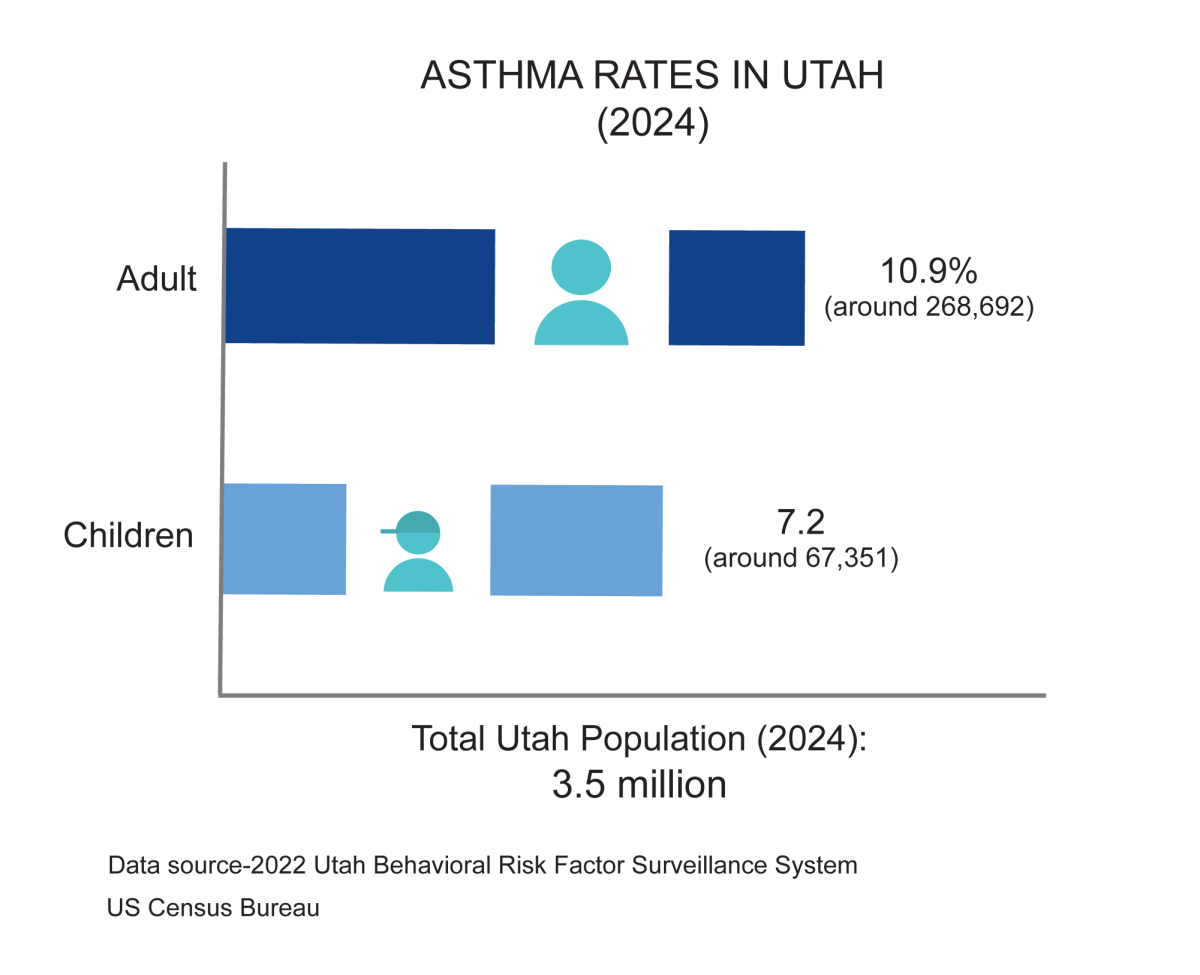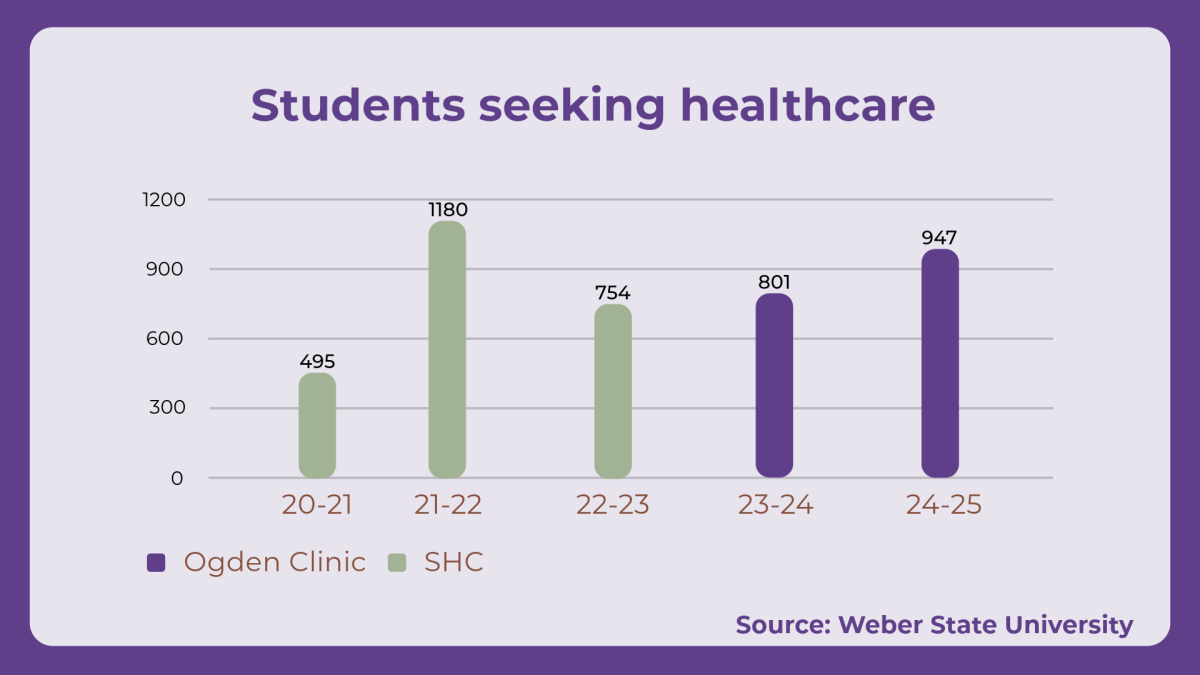
Weber State University students who enjoy having a cigarette in the main corridor of campus or while they walk to their next class will soon be expected to smoke in designated areas. WSU officials are preparing to start enforcing the smoking policy, which came into effect November 2012.
WSU administration began deliberating about the tobacco policy on campus in March 2011, when the student senate and student wellness coordinator hosted an open forum that more than 400 people attended to voice their opinions or concerns. In April of the same year, the student senate passed a resolution (with a vote of 14 for and two against) encouraging the WSU president’s council to implement a restrictive policy by January 2013.
January 2013 has come and gone, and the smell of cigarette smoke continues to fill the air in the smoke-free corridor of campus, leaving many non-smokers concerned and wondering why.
Many students who smoke on campus say they have no idea this policy even exists and are surprised when told they are smoking in the smoke-free zone, but there are also smokers who choose to disregard the rules.
“If there’s no sign posted — generally smokers are very sign-oriented,” said Davis campus senator Tyler Hall, while smoking a cigarette in the smoke-free corridor. “Can I smoke here, is this OK, or we’re just so stressed out we just light up anyway. I’ve personally lit up in every building on campus, I’ve been so stressed out. I’m not waiting to go outside . . . most of the time they can’t do anything about it, because there’s really no consequences.”
The smoke-free corridor spans Building 4 all the way through the main corridor between Elizabeth Hall and the Shepherd Union Building down to the Miller Administration Building, and from between the Stewart Library and the union building to the Browning Center.
Hall said it is also confusing for smokers when ashtrays are located all over campus.
“General rule of thumb with smokers is if we see an ashtray, we can smoke by it. If I’m next to the ashtray, then I am good to go . . . it’s just that way.”
Sustainability specialist Jennifer Bodine said facilities are in the process of making signs, which will be posted all over the smoke-free corridor, and the ashtrays are soon to be taken away. However, when the signs go up, many are unsure how the policy will be enforced.
According to the WSU website’s smoke-free zone page, “Through education and signage the university hopes to achieve self-compliance.” The second level would have environmental ambassadors reporting violations to the deans, and supervisors would be the third level of enforcement. Many different ideas are in the works, such as giving students a certain amount of time and then possibly finding a way to give citation, as with parking tickets and skateboarding citations now given on campus.
WSU will host the Great American Smokeout on Nov. 13, a national event. Student wellness coordinator Kimber Harding said the event will be huge to promote awareness and tobacco prevention, with many resources available for students and faculty.
“The big idea behind it was we are going to heavily promote, so it becomes common knowledge,” Harding said, “’cause even if they put signs up, it’s not like it’s going to be common knowledge.”
WSU is also holding a competition for anyone with graphic design skill to make posters for the event, and the winner’s art will be put up in all the marques around campus. Questions about the competition or getting involved in the event can be directed to the WSU Student Wellness Center in Room 150Q of the Student Services Building or through its email.
The Master of Arts in English program director, Hal Crimmel, had a large role in implementing the tobacco policy and said he forecasts that WSU will be a smoke-free campus within the next five years. By July 2011, 530 campus in the U.S. had adopted 100 percent smoke-free campuses, and as of Jan. 2, 2013, that number has risen to 1,130.
“We really want to focus on this being a healthy environment for everyone,” Harding said. “Tobacco is — not only is it detrimental to the smoker’s health, it’s detrimental to the people around them . . . We’re just trying to promote a healthy campus for everyone so that everyone feels comfortable and safe.”


















